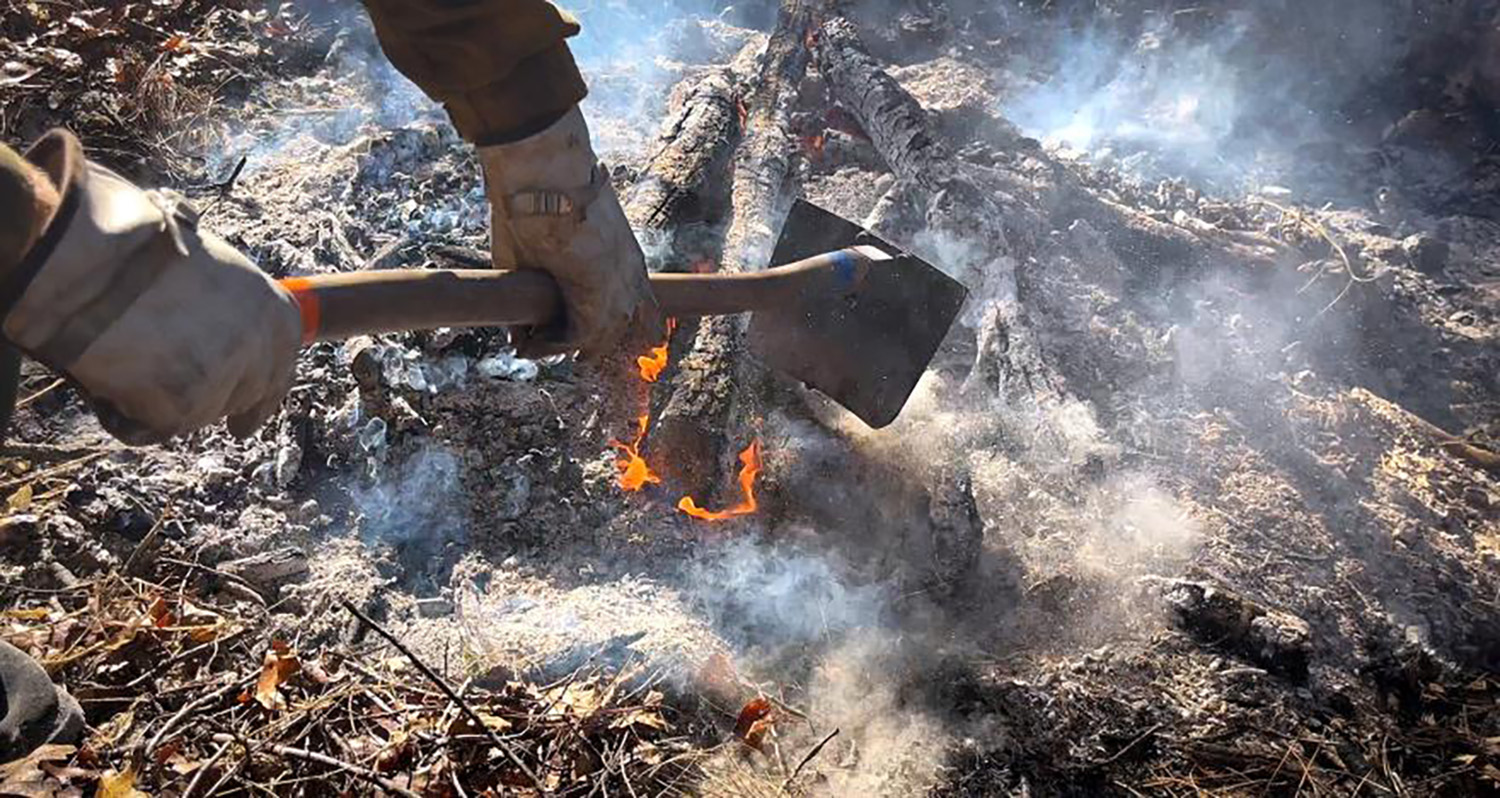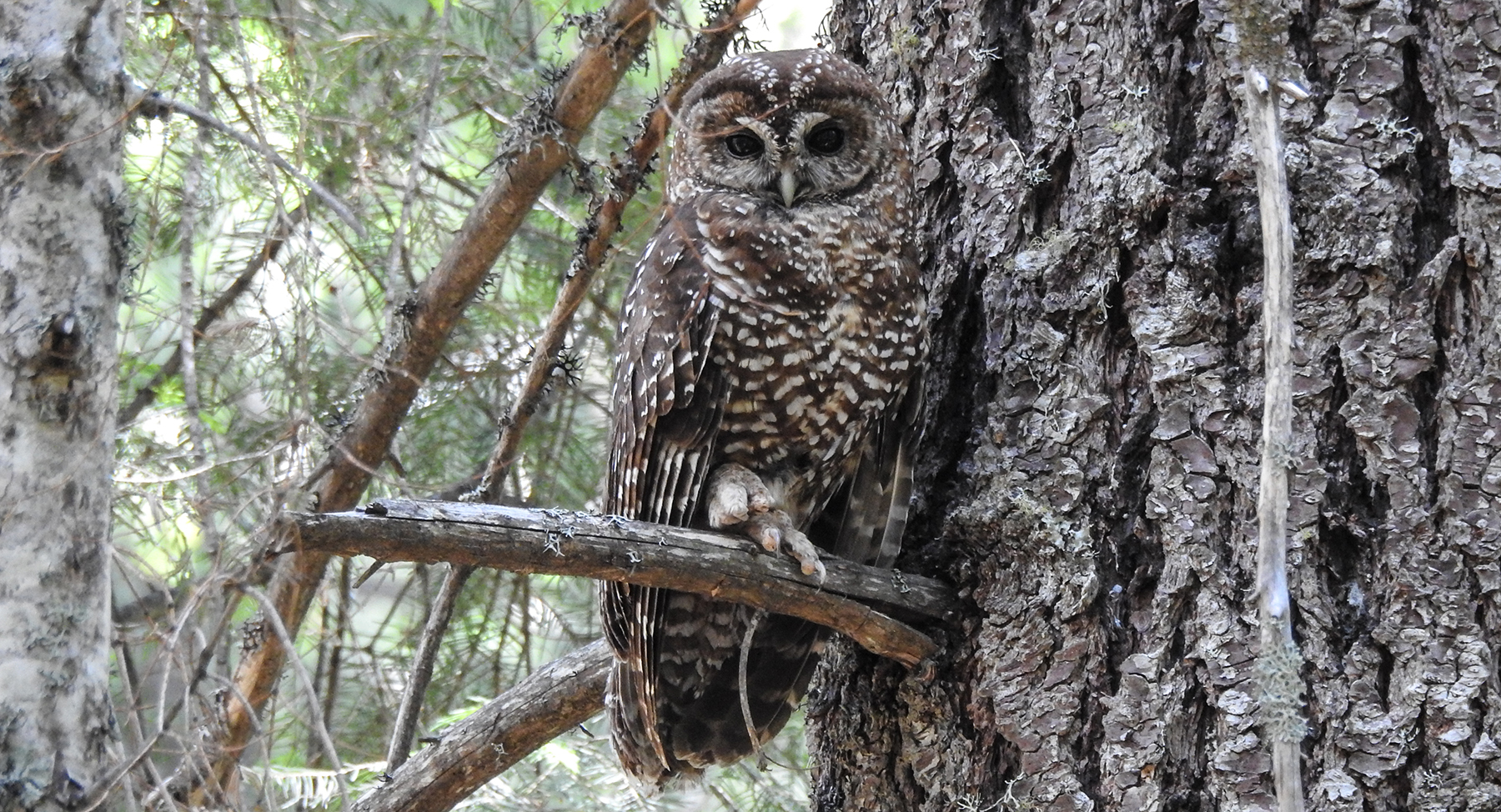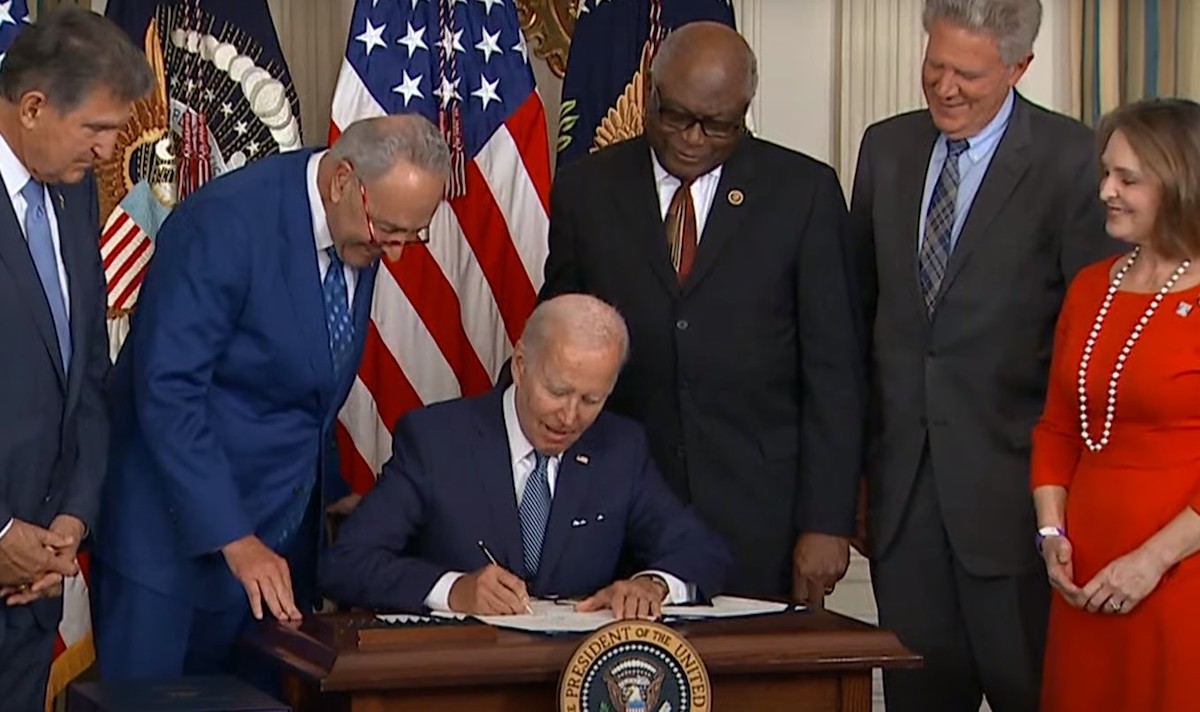Federal Climate Financial Report Demonstrates Need for Proactive Action on Wildfire Resilience

Federal Climate Financial Report Demonstrates Need for Proactive Action on Wildfire Resilience
Over the last decade, suppression has cost the USFS and the Department of the Interior an average of more than $3 billion per year. The Climate Financial Risk report provides estimates for 10 future climate scenarios and a wide range of projections for fire extent and fire suppression spending. A central estimate across the 10 future climate scenarios shows that lands in the National Forest System would experience a near doubling of the area burned by mid-century (2041-2059) and a 42% increase in costs by 2050, to $3.9 billion. Anticipated increased costs of fire suppression due to climate change brings additional urgency to the need for proactive wildfire risk reduction treatments and efforts to protect and prepare communities ahead of wildfires.
Public Comment Sought on Proposal to List California Spotted Owl

Photo Courtesy of Anastasia Stanish
Public Comment Sought on Proposal to List California Spotted Owl
The U.S. Fish and Wildlife Service (USFWS) is proposing to list two distinct population of the California Spotted Owl under the Endangered Species Act: the Coastal-Southern California DPS as endangered and the Sierra Nevada DPS as threatened. As part of this proposed listing, USFWS is including a 4(d) rule for the Sierra Nevada DPS that exempts the prohibition of take under the ESA for forest fuels management activities that reduce the risk of large-scale high-severity wildfire. USFWS is seeking public comment on the proposed rule through April 24.
Biden Signs Inflation Reduction Act Affecting Health, Climate and the Economy

Biden Signs Inflation Reduction Act Affecting Health, Climate and the Economy
Biden Signs Inflation Reduction Act Affecting Health, Climate and the Economy. On August 16, President Biden signed a landmark climate change and health care bill into law. The Act includes the most substantial federal investment in history to fight climate change — some $375 billion over the decade, and significant investments in wildfire and forest resilience including:
Wildfire Resilience and Ecosystem Restoration
- $1.8 billion for hazardous fuels reduction projects on National Forest System land within the wildland-urban interface.
- $200 million for vegetation management projects on National Forest System land.
- $250 million for conservation, ecosystem, and habitat restoration projects on National Park Service and Bureau of Land Management lands.
Climate-Smart Forestry for Non-Federal Forest Landowners
- $450 million for grants to support climate mitigation, forest resilience, and carbon sequestration and storage practices.
Urban and Community Forests
- $1.5 billion for competitive grants to cities, tribal nations, nonprofits, and other eligible entities.
Forest Conservation
- $700 million for competitive grants through the Forest Legacy Program.
Forest Products and Innovation
- $100 million for grants under the Wood Innovation Grant Program.
